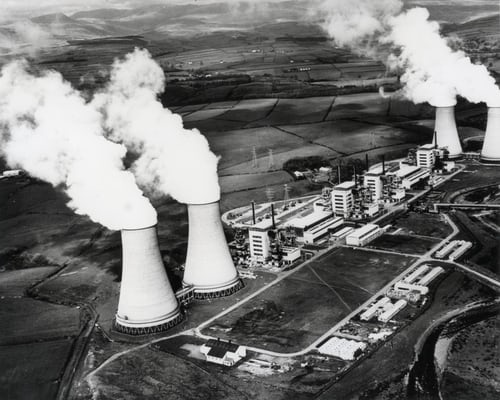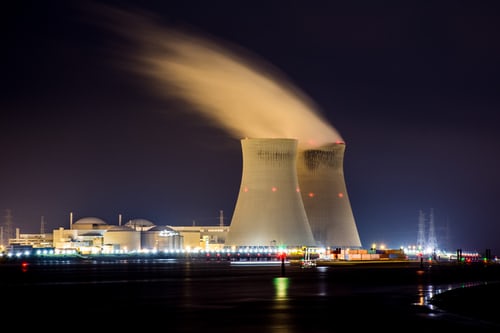Whatever type of energy is used in the world, it has all sorts of impacts on the environment. The same is true of nuclear energy, which also has impacts on the environment. Read on to find out more about its impacts.
What is Nuclear Energy?
Nuclear energy is the energy released when an atom is split. In plainer terms, it is energy that is released by the fission of uranium atoms. In effect, this energy consumes uranium as fuel. Uranium is a mineral that is found underground and is radioactive. For those who do not know, nuclear energy is used in nuclear power plants to produce electricity. It should also be noted that nuclear energy is used to make an atomic bomb. So this energy is not good for the human body.
Nuclear Power Plants: Their Impact on The Environment

First of all, it should be noted that nuclear power plants have no impact on global warming or environmental pollution. However, they do generate various types of waste. Firstly, there are radioactive discharges, which are generated by the purification and filtration circuits that equip nuclear power plants. This waste is sorted according to its level of radioactivity. In addition, there are thermal discharges. Since the nuclear power plant produces heat, this causes the surrounding aquatic environment to heat up. However, there is a temperature threshold that should not be exceeded, so as not to have an impact on the fauna, biodiversity and the aquatic ecosystem concerned. Finally, chemical discharges are part of the environmental impacts of nuclear power plants. Chemical discharges are in the water that is used to cool the plant. It is filtered before being released into the environment. But here too, there are very strict regulations. The discharges are regularly monitored in order to limit their impact on biodiversity.




